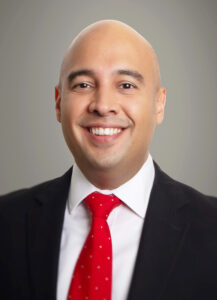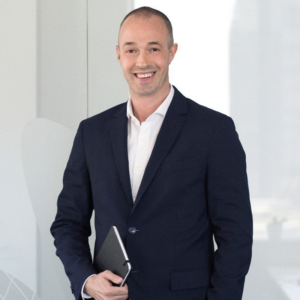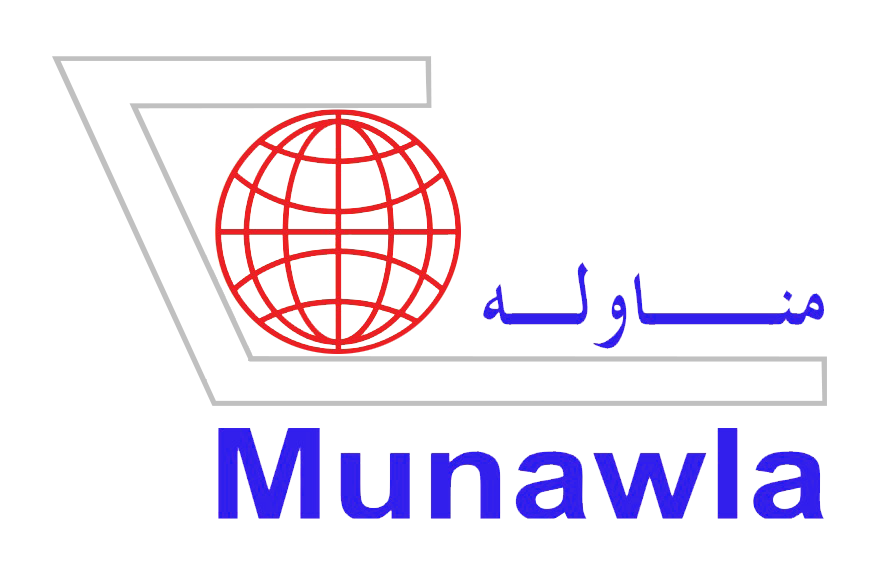Publisher: Maaal International Media Company
License: 465734
Knight Frank: Saudi offices and hospitality enjoy record double-digit growth as international interest rises
Riyadh office rents jumped by 23% year-on-year to reach an all-time high of SAR 2,700 per square meter as of the end of March. This growth has been attributed to the success of government-led initiatives such as the Regional Headquarters Programme, according to the latest Saudi Arabia Commercial Market Overview published by global property consultancy Knight Frank.
The record headline rent for grade-A offices in the capital reflects high occupancy levels of 98%, with grade-B buildings not far behind at 97%. Grade-B rents also increased by 24% over the same period, as businesses seek alternatives amid limited prime space. However, Knight Frank said some relief is expected over the next two years, with 2.7 million sqm of new office space due to be completed.
The report noted that, as of February 2025, around 600 companies have announced plans to establish their regional headquarters in the capital, significantly boosting demand for prime office space.
اقرأ المزيد
Faisal Durrani, Partner – Head of Research MENA, said: “Saudi Arabia’s economic momentum continued to strengthen across key sectors in 2024, underpinned by rising private sector activity. A total of 14,303 foreign business investment licences were issued during 2024, a 67% increase from 2023, marking the highest annual figure on record and underscoring the sustained appeal of Saudi Arabia to global corporates and investors.”
This growth has been fuelled by a wide range of government initiatives, including the Regional Headquarters Programme, tax and regulatory incentives, such as a 30-year tax relief package offering a 0% corporate income tax and 0% withholding tax on approved RHQ activities. Other influential initiatives include the establishment of Special Economic Zones and the Investor Visa Programme.
While Riyadh stands at the centre of this transformation, Jeddah is also experiencing a steady increase in office rents, supported by growing demand and investment from major private sector players, such as Emaar and Al Nahla Group.
Occupancy across both grade-A and grade-B offices has risen to 95% over the past 12 months, with grade-A rents up 4% to an average of SAR 1,280 psm, and grade-B rents up 6% to SAR 845 psm. Jeddah’s total office stock is forecast to reach 1.8 million sqm by 2027, up from 1.6 million sqm today.
James Hodgetts, Partner – Occupier Strategy & Solutions, said: “As more companies expand their footprint across Saudi Arabia, Jeddah is attracting a growing number of regional and local firms. This rising interest is being supported by a healthy office development pipeline. Upcoming projects include Jeddah Gate, which is expected to deliver 230,000 sqm between 2025 and 2028, and Jeddah Rose, a mixed-use development bringing 25,000 sqm of office space to the market by the end of 2025.”
Strengthening hospitality sector
In 2024, Saudi Arabia welcomed a record 30 million international visitors, highlighting growing global interest in the country as a travel destination. Looking ahead, the target is to attract 70 million international tourists by 2030.
Across Saudi Arabia’s hospitality sector, the average daily rate (ADR) climbed by 10.8%, and revenue per available room (RevPAR) rose by 12.3% in the 12 months to March. This growth has been driven largely by strong demand in the Holy Cities and the capital.
Makkah remains a critical destination for religious tourism, supported by infrastructure upgrades and increased hotel capacity. In Q1 2025, ADR rose by 28.9% year-on-year to SAR 859, while RevPAR was up by 35.7% to SAR 673. The surge in performance reflects heightened demand linked to the rise in issued Umrah visas, which grew by 8.3%, according to Ministry of Hajj data.
With more than 8,500 rooms under construction across 12 hotel developments, Makkah’s total inventory is set to increase from 63,428 to 71,643 rooms by 2027. Large-scale masterplans such as Masar Destination and Rua Al Haram aim to open up Makkah, as the spiritual heart of Islam, to a greater number of visitors, improving access, capacity and guest flow within walking distance of Al Haram.
In Q1, the ADR in Madinah reached SAR 891 – the highest in the Kingdom and an 11.8% year-on-year increase – while RevPAR increased by 15.1% to SAR 724.
Madinah currently has 20,673 hotel rooms, and an additional 2,100 keys expected to be delivered by 2027. Major international operators continue to expand their presence, including Hilton and Marriott, with planned openings totalling over 6,000 rooms by these two operators alone. In parallel, Rua Al Madinah, a new giga project located east of the Prophet’s Mosque, is set to reshape the hospitality landscape with over 47,000 planned hotel rooms, integrated transit and public realm enhancements.
Amar Hussain, Associate Partner – Research, Middle East, said:“These latest figures point to resilient demand amid limited new supply and further highlight Madinah’s pricing strength. Pilgrim arrivals in the city are expected to reach 30 million by 2030, up from 17.3 million in 2025, reflecting the city’s growing role as a global hub for religious tourism.”
The Middle East’s leading data hub
Alongside its robust office and hospitality sectors, Saudi Arabia is positioning itself as the Middle East’s leading data hub, with plans to grow its data centre market from US$ 1.78bn in 2023 to US$ 3.2bn by 2029 – a compound annual growth rate of 10.1%.
The Kingdom’s total IT capacity is expected to grow from around 250-300 megawatts in 2024 to more than 1,000 megawatts by 2030, driven by strategic government initiatives and large-scale investment in digital infrastructure.
All tier-one US cloud providers, including Microsoft, Amazon Web Services, Google Cloud and Oracle, have either launched operations or announced further expansions in Saudi Arabia. Amazon Web Services alone has committed US$ 5.3bn to scale up its cloud services across key cities. Chinese firms such as Alibaba Cloud and Huawei Cloud have also established a local presence.
Stephen Beard, Global Head of Data Centres, added: “Saudi Arabia is now the fastest growing market for data centres as the country continues its drive toward national digitalisation. The Kingdom’s development of data centre infrastructure has been driven largely by adoption of public cloud and sustained public and private investment, transforming it into one of the top five global AI superpowers – evident in the recent launch of the US$ 100bn Transcendence AI Initiative.”












